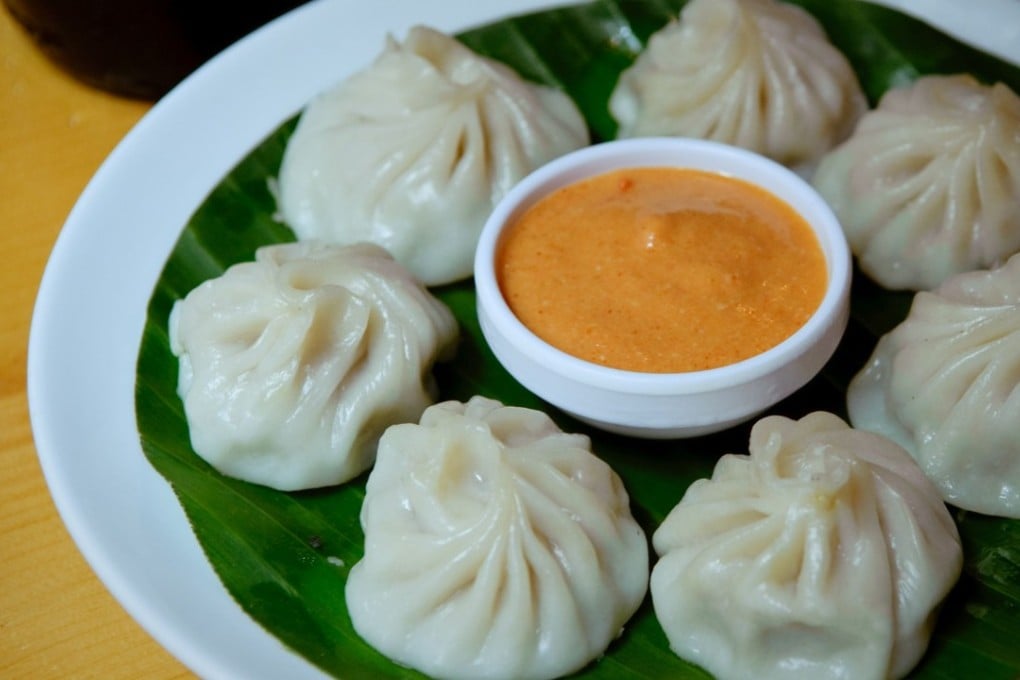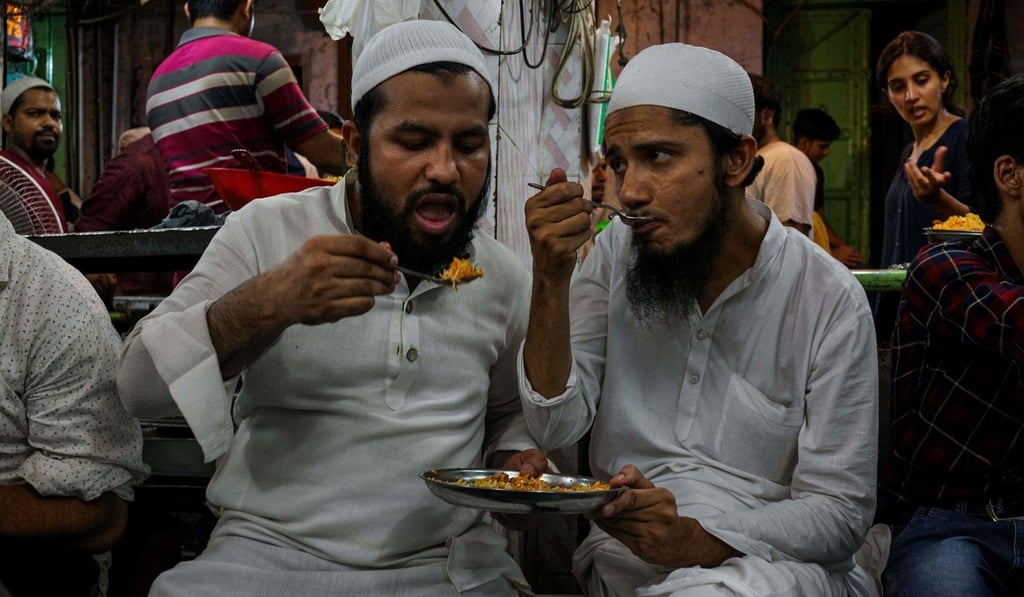Tandoori momo: how Tibetan refugees reshaped Indian cuisine
Influenced by Chinese dim sum, the popular snack has proved controversial of late, with one legislator branding it a Chinese threat to Indian culture – and saying it’s more dangerous than alcohol or drugs

If you were going to protest against a dumpling, would you burn it in effigy or steam it in a tandoor?
Ramesh Arora, a legislator from India’s ruling Bharatiya Janata Party (BJP), didn’t take the time to ask. Instead, he opted to lead a protest in Jammu against the humble momo – a dim sum-like snack popular across India that he says is “more dangerous than alcohol or psychotropic drugs”.
WATCH: Indians protest against the ‘Chinese momo’
Arora claims the momo – which originates in China – is a threat to Indian culture, although the dumpling has been a mainstay in India for decades and is little known in many parts of China.
Arora declared teenagers were getting “addicted to momos like ... drugs” and that the dumplings should be banned for their “negative impact on Indian food culture”.
Then, as his supporters carried placards with such slogans as “Momos – Silent Killer” and “Momos – Slow Death”, Arora drew the media’s attention to the effigy at the centre of his demonstration. This time it was not a political leader but instead, an effigy of the momo, the silent killer of Arora’s rhetoric.
